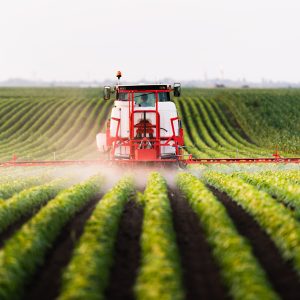
Nutritional myth: Organic selenium is free of pesticides.
Somewhat busted: When it comes to the mineral selenium, the term “organic” is defined as selenium that is derived from...
» View Article
Somewhat busted: When it comes to the mineral selenium, the term “organic” is defined as selenium that is derived from...
» View Article
This crazy weather makes blanketing a real challenge. Blankets on, blankets off. Light, medium, heavy. Hood, no hood. Oh my!...
» View Article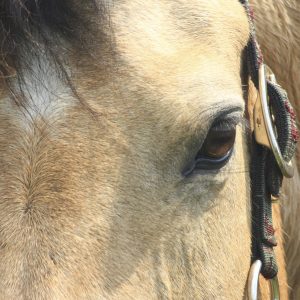
Q: My friend’s horse may have EPM as he tested positive on several of the markers for the protozoa that...
» View Article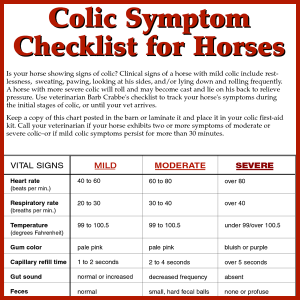
Do you know the difference between mild, moderate, and severe colic symptoms when you check your horse’s vital signs? Here...
» View Article
This is post 4 of 4 in the series “Horse Vital Signs” Horse Vital Signs Part 1 – What Is...
» View Article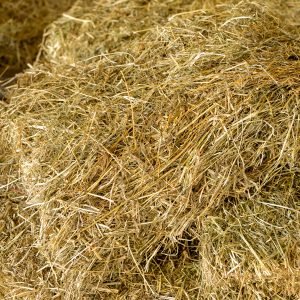
Question: I have a horse that has Cushing’s and IR. The farmer is having the hay tested. I know that...
» View Article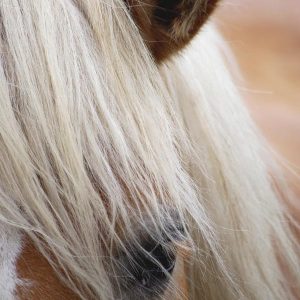
It’s all about amino acids Protein is a major component in most tissues in the horse. Proteins are made up...
» View Article
This is post 3 of 4 in the series “Horse Vital Signs” Horse Vital Signs Part 1 – What Is...
» View Article
This is post 2 of 4 in the series “Horse Vital Signs” Horse Vital Signs Part 1 – What Is...
» View Article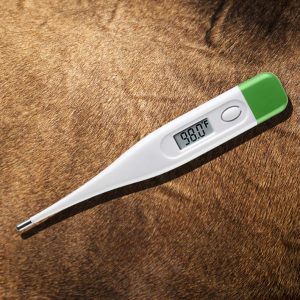
This is post 1 of 4 in the series “Horse Vital Signs” Horse Vital Signs Part 1 – What Is...
» View Article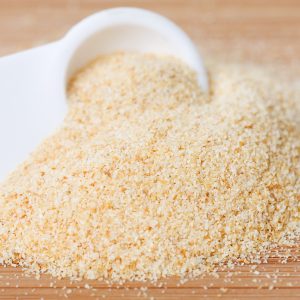
Feeding garlic has long been touted to repel insects, but no scientific trials have been done to verify this claim....
» View Article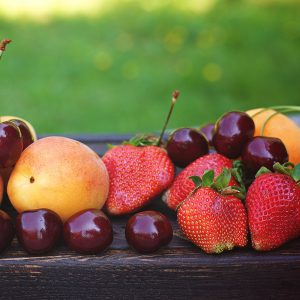
Looking for low-sugar treats for your horse? Try these fruits, but remember, all things in moderation and introduce new treats...
» View Article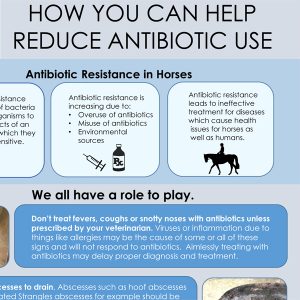
©2019 Ontario Animal Health Network – For more information or to download a pdf click here.
» View Article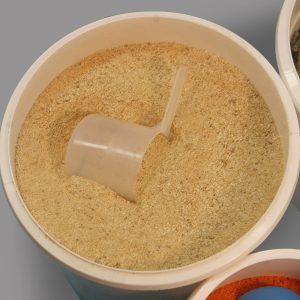
You just received your first bucket of a new supplement and you can’t wait to start feeding it. You open...
» View Article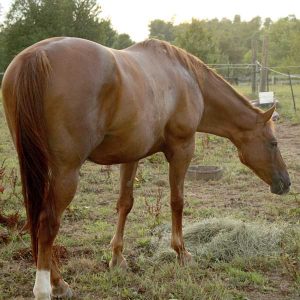
In Clarifying Carbohydrates Part I, we reviewed simple carbohydrates and in Clarifying Carbohydtrates Part II we looked at rapidly fermentable carbohydrates. This Nutritional Minute describes slowly fermentable carbohydrates (fiber) and discusses the concerns associated with all carbohydrates in the equine diet.
» View Article
There are many types of carbohydrates in equine diets, including simple carbohydrates, rapidly fermentable carbohydrates, and complex, slowly fermentable carbohydrates. Your horse digests each type of carbohydrate differently. Some types of carbs are better for your horse than others. Click here for Clarifying Carbohydrates Part I for information on simple carbs. This time we will reviewing rapidly fermentable carbs.
» View Article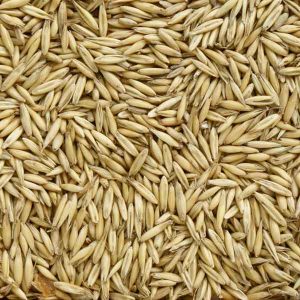
There are three different types of carbohydrates utilized by horses: simple sugars and starches, rapidly fermentable carbohydrates, and structural carbohydrates. This part of our series will deal with simple sugars and starches.
» View Article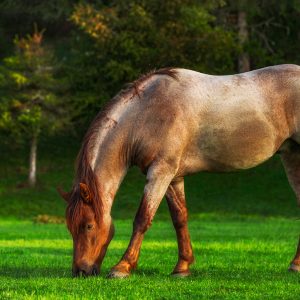
It is that time of the year—the cold, gray winter is transforming into a warm, sunny spring and the grass...
» View Article
If you stall your horse, provide at least two hours of turnout on no less than 1/8 of an acre...
» View Article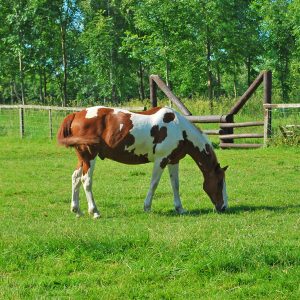
By Nikki Alvin-Smith and Horsemen’s Laboratory Resistance to dewormer products currently available on the market has caused the FDA to invoke...
» View Article
If your horse has a thick winter coat and some shelter, they don’t mind the cold! In the absence of...
» View Article
In the wet winter months when snow and rain turn dirt to mud, make it a daily habit to remove...
» View Article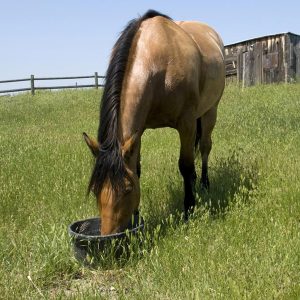
There is nothing more maddening then trying to feed a critical supplement to your horse and having him not eat...
» View Article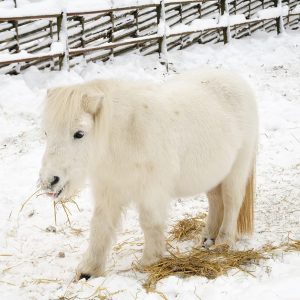
Preventing winter weight gain in easy keepers. Some horses gain weight when given a winter break from trail riding, training,...
» View Article
"*" indicates required fields